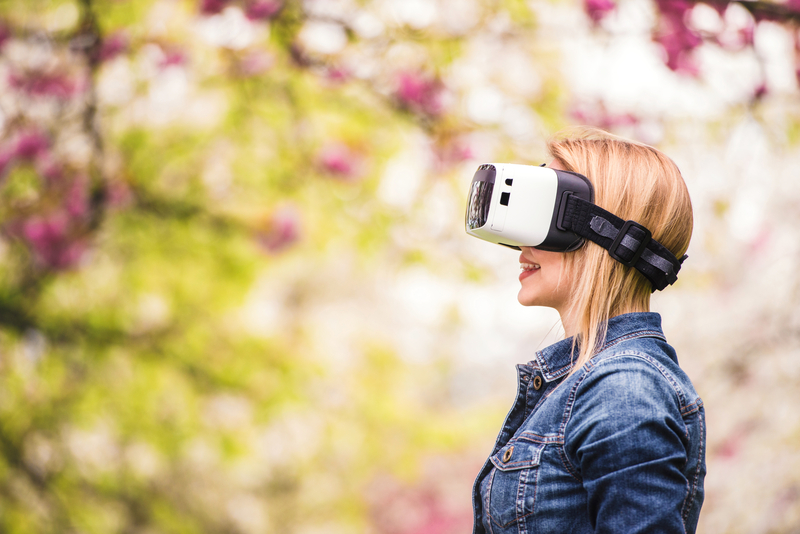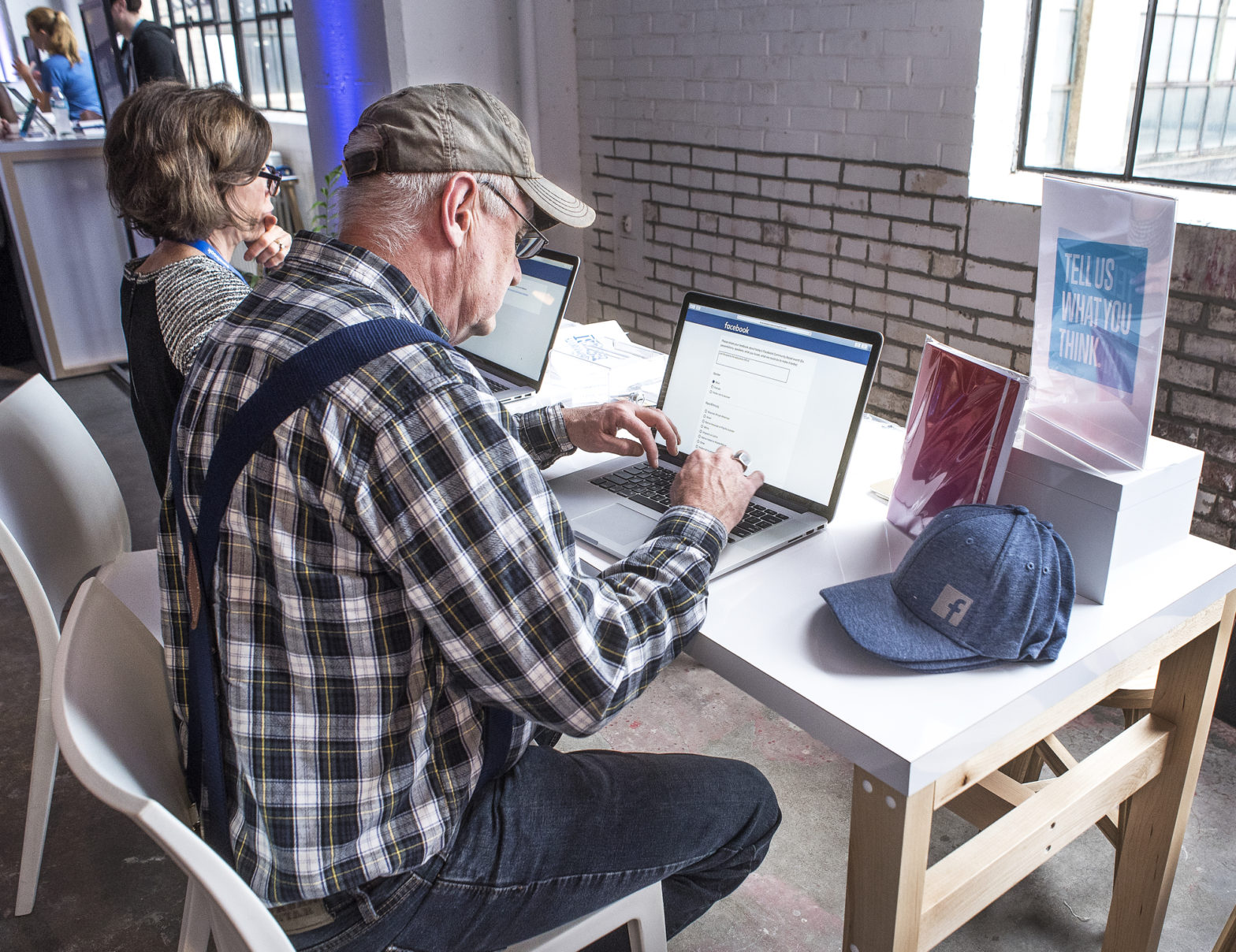
Photo: Pojoslaw | Dreamstime.com
Dublin’s health innovation district to pilot VR meditation and digital currency
18 August 2021
by Sarah Wray
Dublin, Ireland has announced a series of pilots that will run in the Dublin 8 area, one of the city’s five innovation districts.
They include projects which use virtual reality (VR), rewards apps, and digital literacy programmes to help improve physical and mental health.
The Smart D8 initiative brings together public authorities, academia, healthcare, citizens and industry to explore how new approaches and technology can be used to improve health and wellbeing.
In late 2020, the first Smart D8 Community Survey was launched to capture the needs and priorities of the local community and a call for pilots followed in March 2021.
Projects selected include Civic Dollars, a “social currency” platform that will allow people to earn rewards for time spent in local parks and open spaces. It is also being piloted in Belfast.
Hearts and minds
In partnership with the Irish Heart Foundation and Novartis, the Heart of our City programme will connect people in Dublin 8 with resources to support their cardiovascular health.
The Ways to Wellbeing project with St Patrick’s Mental Health Services will support students in learning about mental health through engaging with the lives of the older community in Dublin 8. The project is designed for students of local primary and secondary schools.
Another trial will offer a Virtual Reality Meditation platform from Solas VR, allowing people to take a ‘micro-break’ and virtually connect with nature.
The remaining pilot will focus on health literacy and digital health literacy challenges faced by adults with mental health needs. The aim is to co-design solutions with people receiving mental health services to empower them in their treatment and decision-making.
The pilots will launch in late September.
Community needs
The community survey found that 82 percent of Dublin 8 residents were in very good or good health, with 40 percent taking regular exercise. However, 31 percent reported a long-standing health problem, 27 percent had accessed mental health supports in the last two years, and 21 percent had unmet health needs due to waiting lists. Almost 70 percent of residents said the Covid-19 pandemic has impacted their health and wellbeing negatively.
The research also identified services that might help to deliver improvements in community health and wellbeing: 61 percent of respondents said they would use an allotment to grow fruit and vegetables if it was available, and 92 percent would use a recreational park for exercise.
Smart D8 will issue the second pilot call in November, focusing on health and healthy ageing.








